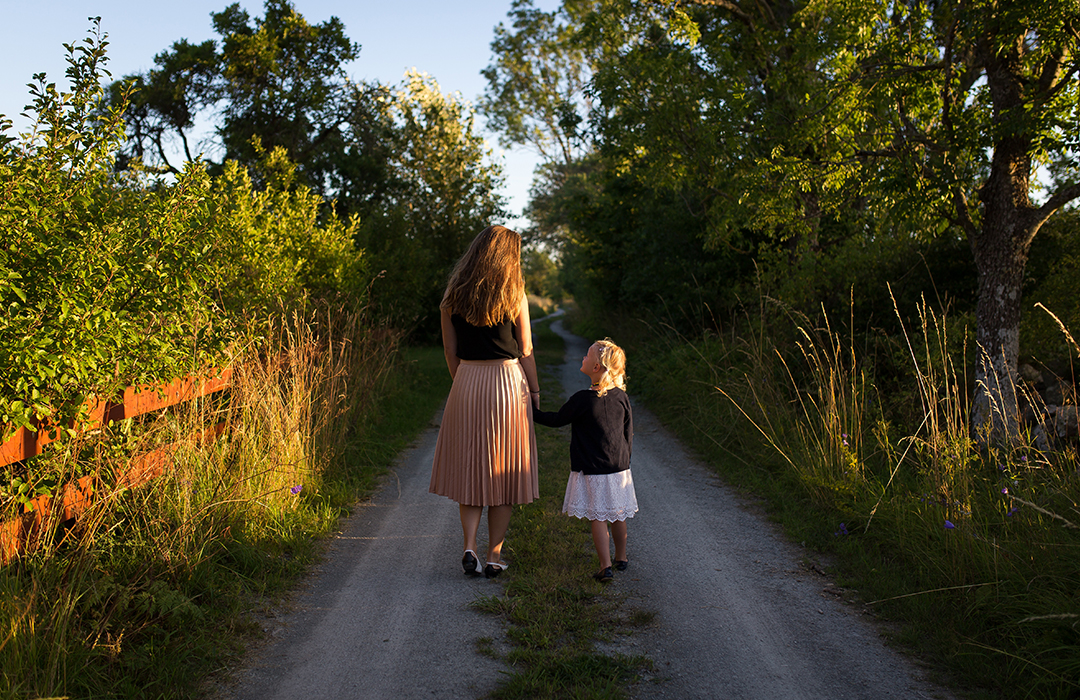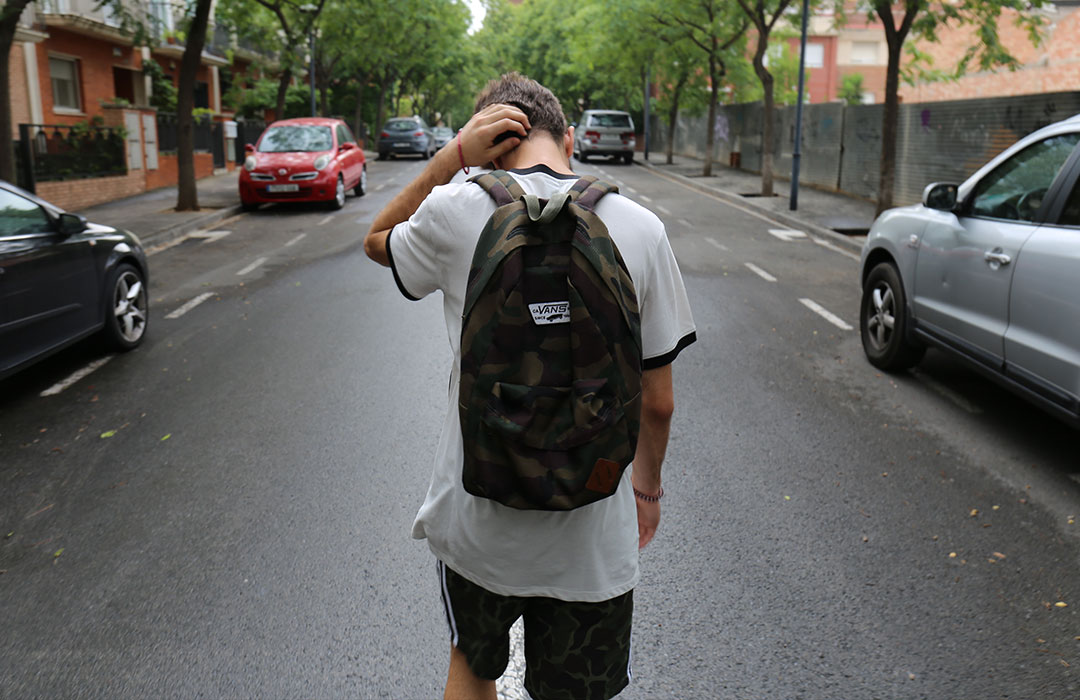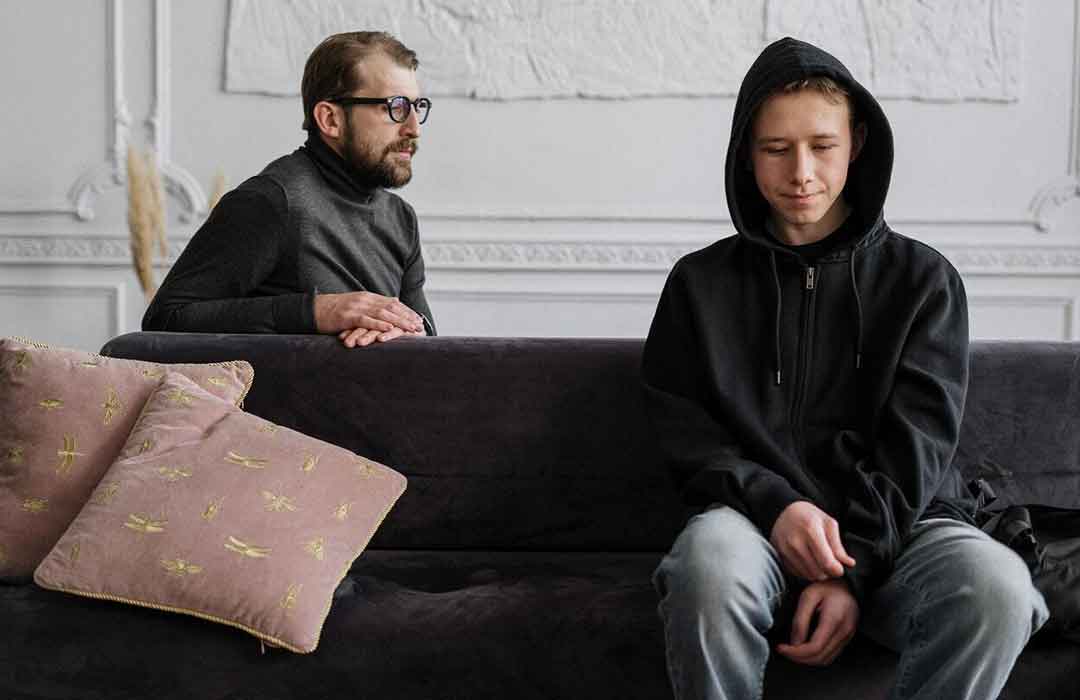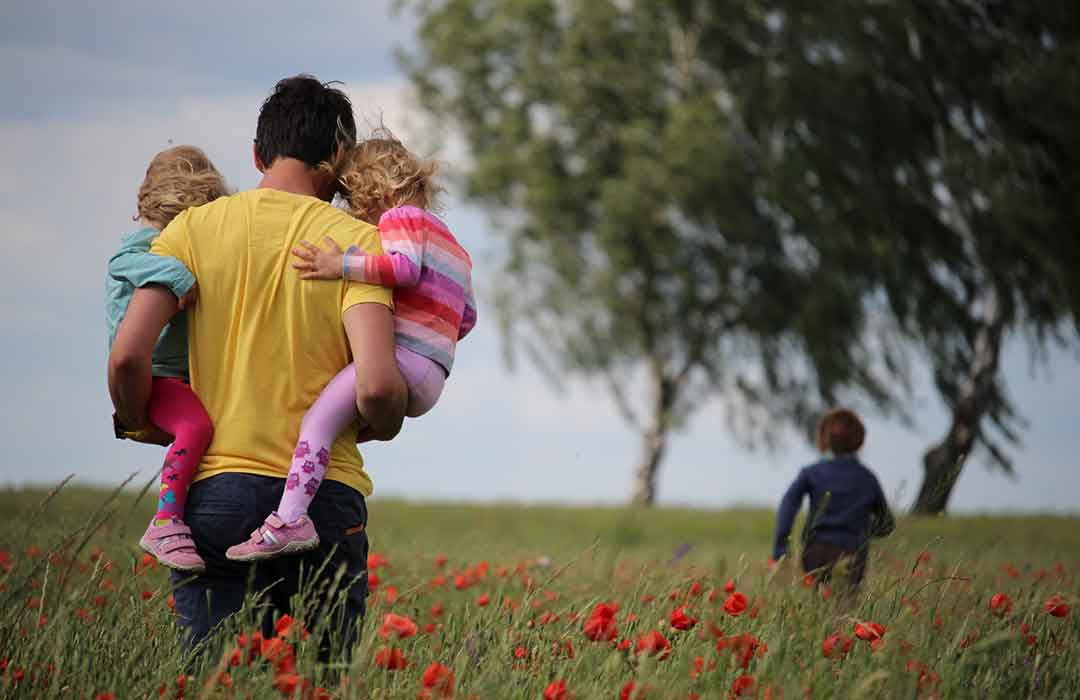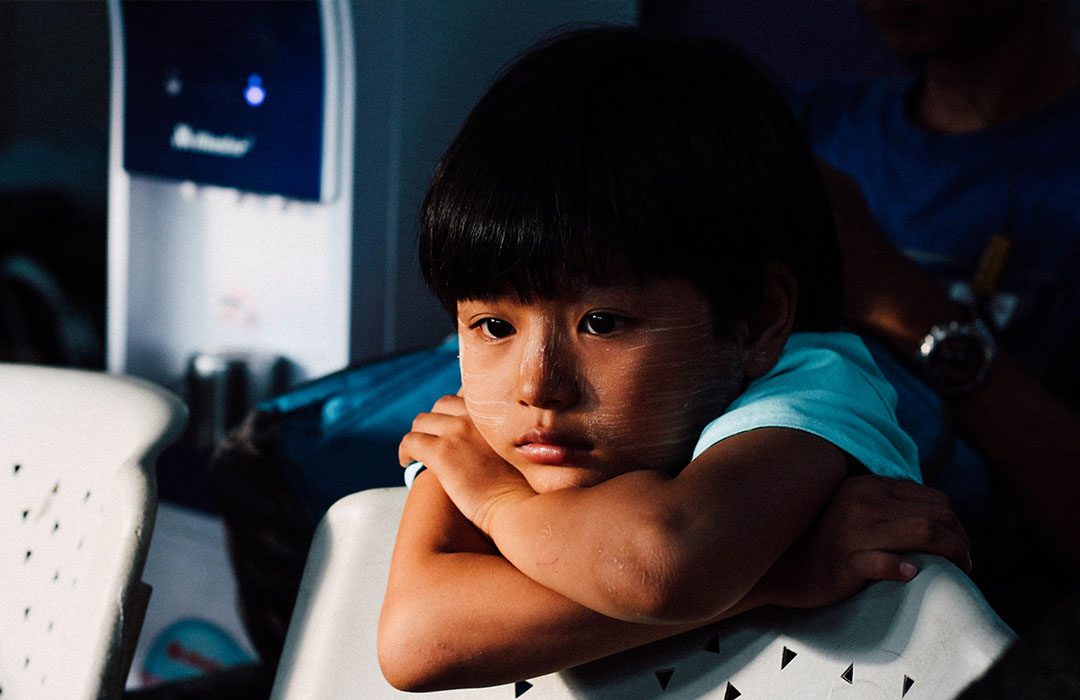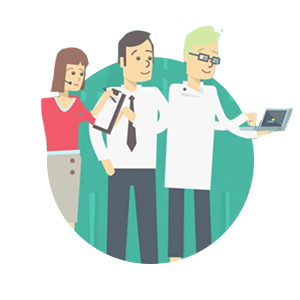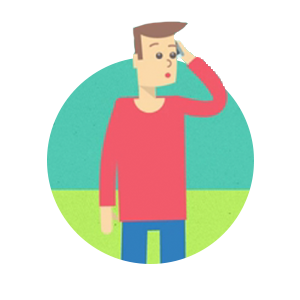Child Therapy: Counseling for Kids, Adolescents, and Teens
What Is Child and Adolescent Therapy?
Child therapy, or counseling for kids, is an evidence-based approach to counseling, designed to help children and teens their challenges. These challenges include mental illnesses, traumatic events, the loss of family members, difficult feelings and behaviors.
Child counselors and child psychologists are well-equipped to work with children and understand how their minds work. This enables them to break down their problems in a way they can understand. There is not an age limit for which children can and can’t receive counseling. All are welcome, from toddlers in preschool to teenagers in high school.
Regardless of the individual’s age, the therapist’s goal is to help them get back on a healthy path. If children don’t receive the mental health treatment that they need, they might experience negative developmental, mental, and emotional effects.
Who Should Seek Child Counseling?
It’s hard enough for adults to understand and explain our feelings. Now, imagine what it is like for a child. Therapy can serve as a guiding light for them.
Many children and adolescents can benefit from talking to a counselor, from a child suffering amid their parents’ divorce to a depressed teen who’s being bullied at school. The following are common issues addressed in child therapy:
- Mental health diagnoses
- Death of a loved one
- Abuse (sexual, emotional, physical, mental)
- Addiction in the family
- Experiencing a traumatic event
- Moving to a new town
- Starting at a new school
- Bullying
- Divorce
That being said, it’s not always easy to tell when your child or teen might need therapy—even if they are dealing with one of the issues above. Here are some signs that your child is, indeed, having a difficult time and might need (or could benefit from) therapy:
- Change in appetite
- Significant weight loss or gain
- Difficulty sleeping
- Unwarranted aggression
- Persistent anxiety and nerves
- Failing or worsening grades
- Social isolation
- Alcohol or drug use
- Self-harm
- Expression of suicidal thoughts
Child therapy focuses on each child’s specific needs. Child and family therapists are equipped with the skills to cater treatment to each young individual they work with.
How Can a Child Psychologist Help?
Again, a child psychologist’s primary goal is to equip kids with the tools they need to effectively handle the stressors in their life, no matter what those stressors may be. Here are a few examples of how child counseling tackles common issues and helps children flourish again:
1) Dealing with Divorce
Divorce doesn’t simply involve the couple that is separating—it often affects all of those close to them, especially their children. Children of divorce can experience a broad range of emotions, but often they feel unloved, confused, guilty, depressed, or simply distraught about their parents’ split. And these feelings can worsen as time goes on, custody battles worsen, and tensions rise.
A counselor can help them manage all of their thoughts and feelings. They might use play therapy and other techniques to help them communicate these emotions. They can also teach children that it’s okay to feel however they’re feeling, whilst showing them how to better manage those feelings.
Effective techniques include journaling, crafting, deep-breathing, and simply opening up about their emotions.
2) Managing Change
It’s easy to forget how impactful change can be on children, but the truth of the matter is that they’re sensitive to significant changes like big moves or school changes. Kids often experience major stress and anxiety due to these changes, which can stick around for an extended period of time, unless properly addressed.
Child therapy teaches them how to cope with change by shifting their focus on the negatives to the positives. Techniques like positive self-talk are learned and the children begin to feel more comfortable with the idea of change being a normal part of life.
3) Building Self-Confidence
More often than not, children suffer with low self-esteem, which can lead to bigger issues down the road like depression, anxiety, and eating disorders. Counseling helps them to see their value and also teaches them how to develop more positive thought patterns.
For example, a teen’s feelings of worthlessness may lead him to believe that he doesn’t deserve the love of his friends and family; a therapist will help him recognize this negative self-talk and turn it into positive self-talk and thoughts.
4) Understanding Mental Illness
Mental illnesses and all of the harmful symptoms that come with them are difficult for anyone to comprehend. But children have a particularly tough time accepting and understanding the diagnosis of a mental illness.
Child therapy gives them the opportunity to ask questions and learn about their disorder, whether it be obsessive-compulsive disorder (OCD), attention deficit hyperactivity disorder (ADHD), depression, anxiety, or any other given illness. Whatever the case, counselors help them understand their diagnosis and also cope with the harmful effects that come with it.
5) Coping with Trauma
When children experience a traumatic event, be it abuse or a natural disaster, they often emerge fearful, confused, and upset. And they may even go on to develop post-traumatic stress disorder, which comes with distressing memories, thoughts, nightmares, and flashbacks.
Child counseling helps these kids talk about what they experienced. They learn that it’s okay, helpful even, to talk about the traumatic experience, and they also adopt coping mechanisms. Family therapy might also be beneficial here if family members are involved in the trauma.
If you are worried about your child’s behavior, a child therapist can help. Consider scheduling a therapy appointment for your child where they can open up in a safe space. Have you ever heard of online therapy for kids? If you’re worried about finding the right time to take your child to therapy, online counseling for kids is a great option. There are counselors who can offer online child therapy. This can prove to be the most convenient, comfortable option for many people, including kids. Child therapy online is an effective solution for your child’s challenges.
Quick Facts about Child Therapy
- There are child counselors that specialize in providing therapy specifically to children (of all ages).
- Several kinds of therapy can benefit children: play therapy, cognitive behavioral therapy (CBT), trauma-focused CBT (TF-CBT), art therapy, music therapy, movement therapy and more.
- Child therapy can be used to determine a diagnosis (such as that of an anxiety disorder) or may be key to treating the said disorder.
- Child counselors and parents can combine efforts to help a child through their difficulties.
- Child counselors can shed light on underlying issues that both the child and child’s parents weren’t aware existed.
- Child therapy often deals with the same issues adults face, but it takes a special kind of therapist to break down these issues for kids and teens.
Is There Child Counseling Near Me?
As you can see, child therapy sessions help kids and teens work through many different problems. And while it may be difficult at first for them to open up and get into the groove of therapy, it will ultimately make for a happier and healthier child. This happy, healthy child will then be free to become a happy and healthy adult.
We want you and your child to find the help and care that you need. If child therapy is something you want to pursue in your area, make an appointment with a child psychologist at your local Thriveworks today. We have 1,000+ counselors at 150+ offices nationwide. You can also learn about child therapy opportunities in TherapyLand, a special division of Thriveworks that offers kids an interactive, empowering environment for working through their challenges.



